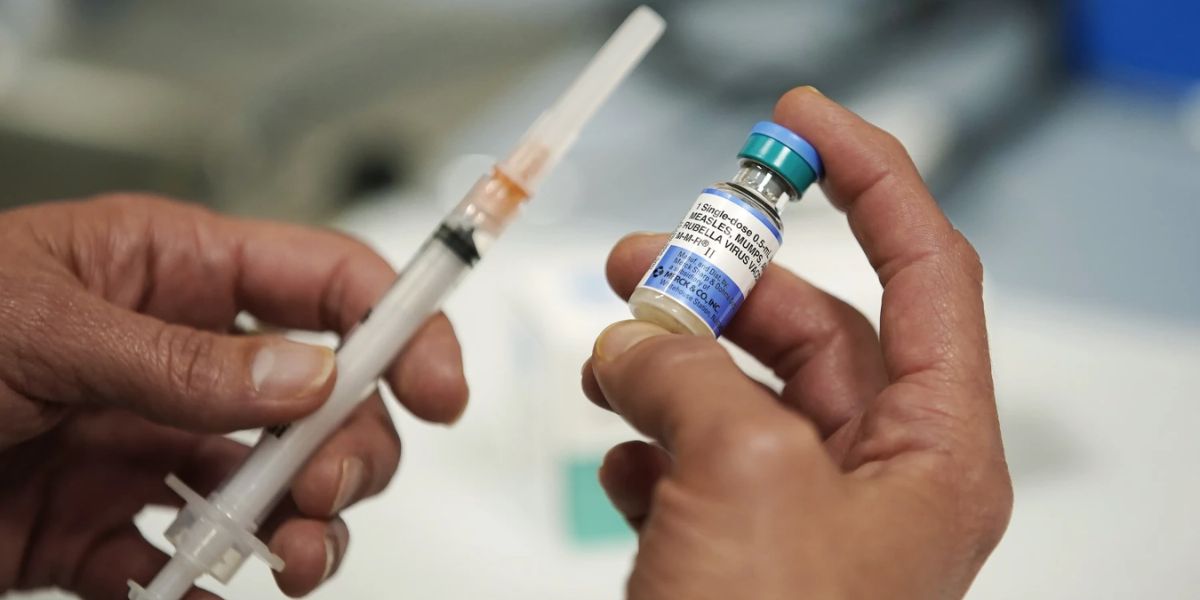Before visiting other nations this summer, Americans are being advised by the Centers for Disease Control and Prevention to ensure they are measles-free.
As cases of the illness spread across the country, the CDC last week revised its travel advisory. Travel abroad is connected to almost all airport exposures.
Six of the cases are connected to a Turkish Airlines flight that touched down on May 13 at Denver International Airport. Four of the patients had been on the aircraft, according to the Colorado Department of Public Health and Environment.
Before becoming ill, two other individuals were exposed at the airport. One of the most contagious viruses in the world is measles. Up to two hours after an infected individual has been present, droplets may still be present in the air.
This year, the United States has reported 1,125 cases of measles in 33 states. There have been 738 cases documented in Texas, the state with the worst incidence.
Experts claim that because so many people choose not to get tested, the statistics are probably gross underestimates.
Two little children in Texas are among the three fatalities.
Outbreaks are also occurring in Canada and Mexico. Since the start of the year, 2,515 confirmed or suspected cases of measles have been reported to the Canadian government.
According to the CDC, measles is a worldwide issue, with Yemen, Pakistan, and India leading the list of nations with the highest number of cases.
“Measles outbreaks are happening in every region of the world. Anyone who is not protected against measles can get measles while abroad and easily spread it to others when they return home,” the CDC stated on its website.
“Travelers can catch measles in many travel settings including travel hubs like airports and train stations, on public transportation like airplanes and trains, at tourist attractions, and at large, crowded events,” according to the agency’s latest guidance.
Read Also: U.S. Government Removes Sanctuary Jurisdictions List From Website After Criticism
Those who have never had measles or are not vaccinated and are traveling abroad “should talk to their clinician and consider postponing their trip,” the organization advised.
According to the CDC, infants as young as six months old can receive an early dose of the measles-mumps-rubella vaccine at least two weeks before to overseas travel. Before a trip, older children and adults who are unsure of their vaccination status should have two doses spaced 28 days apart.
Immunity takes two weeks to develop. People are thought to be 97% protected against contracting measles after that.






